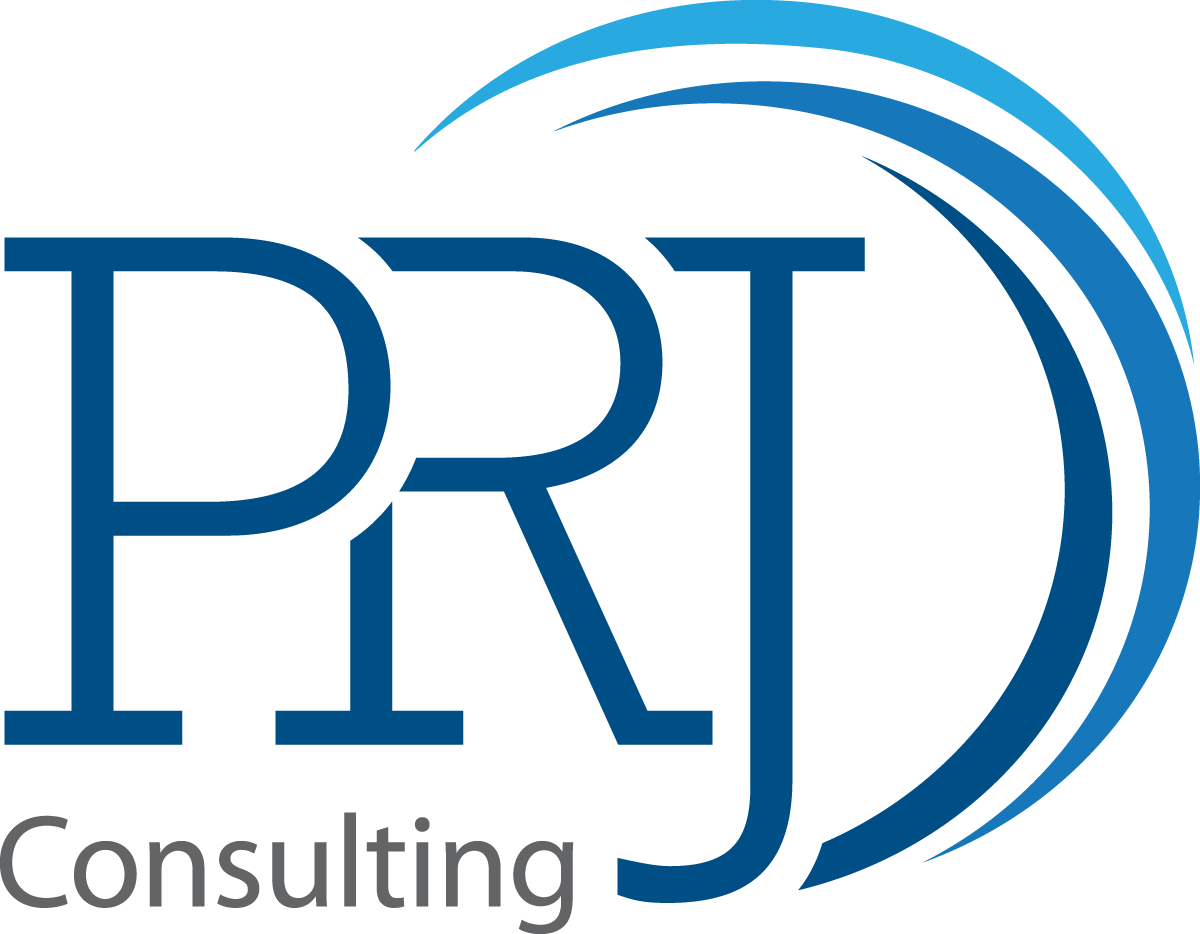Hiring in Pennsylvania? How Compensation Strategy Impacts Retention from Day One
Pennsylvania employers are facing a familiar challenge: finding and keeping top talent in a competitive, evolving job market. Whether you're headquartered in Philadelphia, managing a nonprofit in Pittsburgh, or expanding your small business in Harrisburg, you're likely feeling the pressure to hire well and fast. But amid a tight labor market, one truth stands out:
Your compensation strategy doesn’t just influence hiring, it lays the foundation for long-term retention.
The Local Hiring Landscape Is Shifting
Across Pennsylvania, job seekers have more choices and higher expectations than ever before. Wages are rising unevenly across industries and regions, and organizations are navigating pay transparency laws, shifting candidate expectations, and heightened competition from remote employers outside the state.
In this environment, offering a job is no longer enough. What you offer, and how you offer it, matters more than ever.
Where Compensation Strategy Comes In
A well-designed compensation strategy isn't just about what you pay. It's about:
How pay decisions are made
How salary and benefits are communicated
How compensation aligns with your organization's values, mission, and growth plans
When compensation strategy is reactive or unclear, it creates confusion and frustration, for candidates and current employees alike. But when it's intentional, market-informed, and aligned with your goals, it becomes a powerful tool to build trust and stability from the very first interview.
Retention Starts Before Day One
Candidates form impressions long before they accept an offer. From the moment you post a salary range, or avoid posting one, you're sending a message. Transparent, competitive, and clearly structured compensation practices demonstrate:
Fairness: Candidates want to know their compensation won’t be arbitrary or based on negotiation prowess.
Growth: Employees stay longer when they understand how their role and compensation can evolve.
Value: A strong total rewards package signals that you value employees beyond just their output.
Common Pitfalls That Hurt Retention
Here’s where we often see employers stumble:
Inconsistent offers: Making exceptions for new hires can create internal inequity and morale issues.
Lack of structure: Without a salary framework, promotions and pay adjustments can feel random.
Underestimating benefits: In today’s market, flexible work, paid leave, and wellness offerings matter as much as salary.
These issues don’t just affect morale, they increase turnover, reduce productivity, and erode organizational trust.
How PRJ Consulting Helps Pennsylvania Employers Build for the Long Term
At PRJ Consulting, we work with organizations across Pennsylvania—nonprofits, small businesses, and growing companies—to design compensation strategies that support retention from the ground up. That includes:
Market-informed salary ranges
Pay structures that support internal equity
Clear compensation philosophies
Total rewards strategies tailored to your people and mission
Because when your compensation strategy is clear, competitive, and aligned with your values, you’re not just filling roles, you’re building a team that stays.

